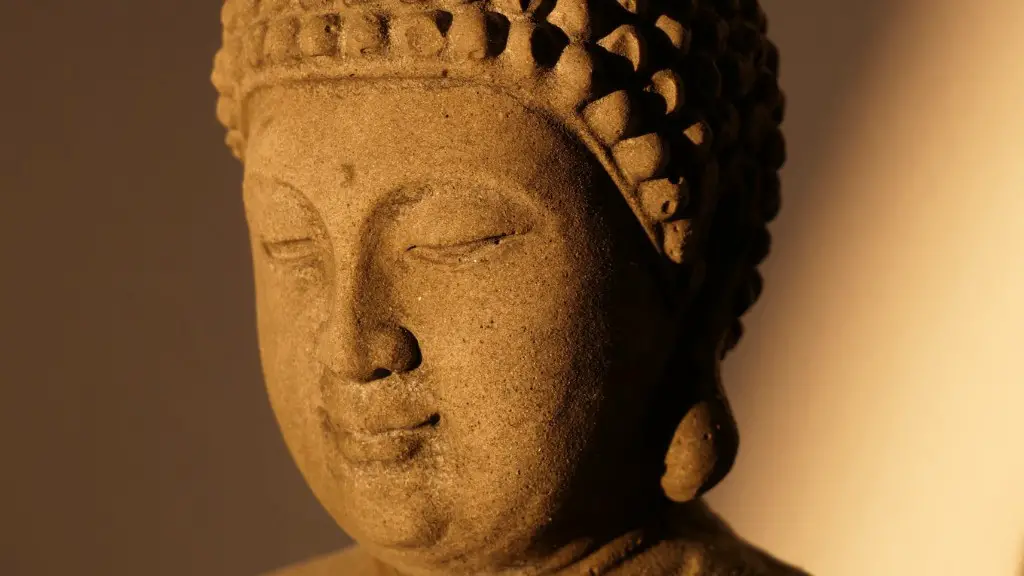Since its inception, Hindus around the world have touted Hinduism as a polytheistic religion. Concurrently, the idea that Hinduism is a monotheistic religion has been discussed— particularly in the modern context. According to scholars, the debate as to whether Hinduism is a monotheistic or polytheistic religion is ongoing with no definitive answer in sight.
Explanation of Mono & Poly
Monotheism is a religious system which holds a single deity as the supreme object of faith and worship. In contrast, polytheism is the belief in many gods. Hinduism is an extremely complex and diverse set of practices across the Indian subcontinent and has been speculated to be either monotheistic or polytheistic.
Background
Hinduism is a multifaceted religion which is said to have been founded in the Indus Valley civilisation 2600 to 2000 BCE. In Hinduism, truth is one and many simultaneously— representations of gods, goddesses, and other powerful figures are said to be aspects of the same underlying divine energy, or Brahman. Monotheism has been a part of Hinduism since its creation, but very few sects of Hinduism are strictly monotheistic.
Varied Opinions on Mono and Poly
The opinions on whether Hinduism is a monotheistic or polytheistic religion vary according to scholars and practitioners of Hinduism alike. According to some, Hinduism is strictly monotheistic. Others argue that Hinduism is more accurately described as henotheism— the belief in a main deity while accepting the existence of many other divine figures. Still others argue that Hinduism is polytheistic with a core pantheon of gods, goddesses, and religious figures.
Characteristics of Mono and Poly
Monotheism typically involves the belief in a single deity and the rejection of multiple gods or ‘idols’. This is not the case for many Hindus. Hindus typically worship many gods and goddesses, who may be perceived as different aspects of the same underlying divine reality, or Brahman. Additionally, Hindus are very accepting of the ‘other’ religion, such as Christianity and Islam. This could be seen as reinforcing the polytheistic nature of Hinduism- the acceptance of many deities or even the deities of other faiths in Hinduism’s divine array.
Different Versions of Hinduism
The debate of whether Hinduism is monotheistic or polytheistic extends beyond the ongoing academic discussions. Depending on the part of the world and the type of Hinduism practiced, different answers can be found. For example, some sects of Vaishnavism— a set of religious systems focused on the relationship between humans, gods, and Brahman— are strictly monotheistic, while others are henotheistic.
Rejection of Labels
Many Hindus reject the idea of labelling Hinduism as either monotheistic or polytheistic. According to some Hindus, the assumption that either Hinduism is strictly monotheistic or polytheistic is reductive and does not accurately represent the wide variety of beliefs held by practitioners of the faith. Monism— a belief in one underlying reality— is another way for Hindus to express their faith which isn’t represented well by assigning Hinduism one of these two label.
Popular Culture Perception
In popular culture, Hinduism is widely perceived as polytheistic. This is due to the representation of multiple gods in films, television shows and other popular media. For example, the characters of the Hindu pantheon are often depicted as larger-than-life influential figures in Indian films and television shows. This depiction has heavily influenced the views of people around the world, many of whom have not had direct contact with Hinduism or its practitioners.
Divine Principle
As Hinduism is an extremely diverse faith, the debate on whether it is mono or poly is ongoing. The teachings of Hinduism are complex and variegated, but the core is the belief in one all-encompassing divine principle. MONISM is the belief that all that exists is one underlying energy or Brahman. This is the most widely cited core element, and many Hindus believe that it encompasses the all diversity, complexity and variation of Hinduism itself.
Acceptance of Many Faiths
Hindus have a more peaceful outlook when it comes to other faiths. Despite being technically a polytheistic faith, Hinduism has always held a place in its religious ecosystem for other beliefs. Hindus often view different traditions such as Judaism and Christianity as valid interpretations of the same universal truth. This further shows the accepting and inclusive nature of Hinduism.
Perspectives of Monistic Hindus
Practicing Hindus who take the monistic approach to Hinduism are often perceived by their peers as being modern or progressive. These Hindus often see all gods and goddesses as symbols to represent the same divine essence, and tend to reject the worship of multiple deities. This has drawn criticism from many Hindu practitioners, who regard the religions’ ancient traditions, mithras and pantheons of gods and goddesses to be sacred and unchangeable.
Conclusion
The debate as to whether Hinduism is a monotheistic or polytheistic religion is ongoing. There is no consensus among scholars or followers of the religion with regards to this debate. Undoubtedly, Hinduism defies categorisation and labels due to its incredibly varied and complex nature. The best way to understand Hinduism may be to look at it not as a set of beliefs or doctrines, but as a set of practices and interpretations with a strong divine backbone.
